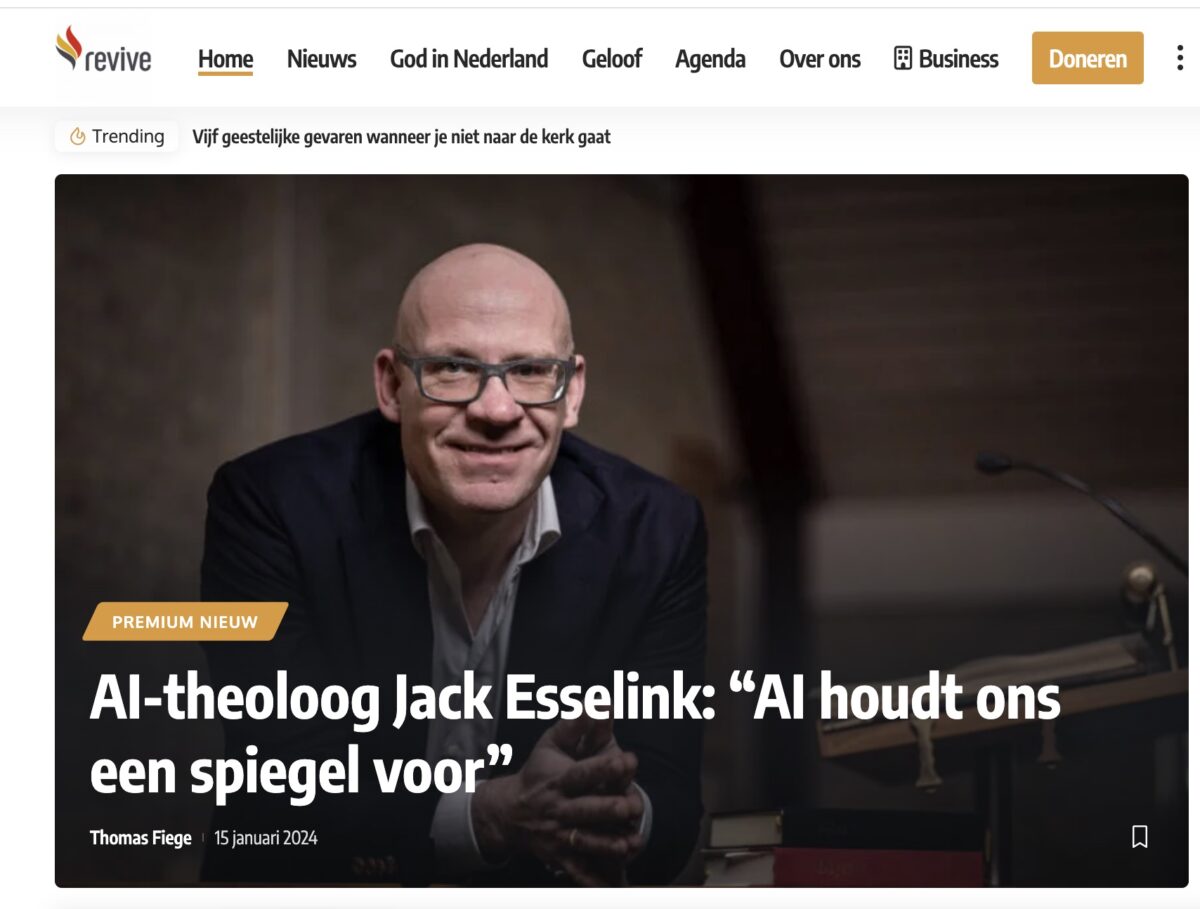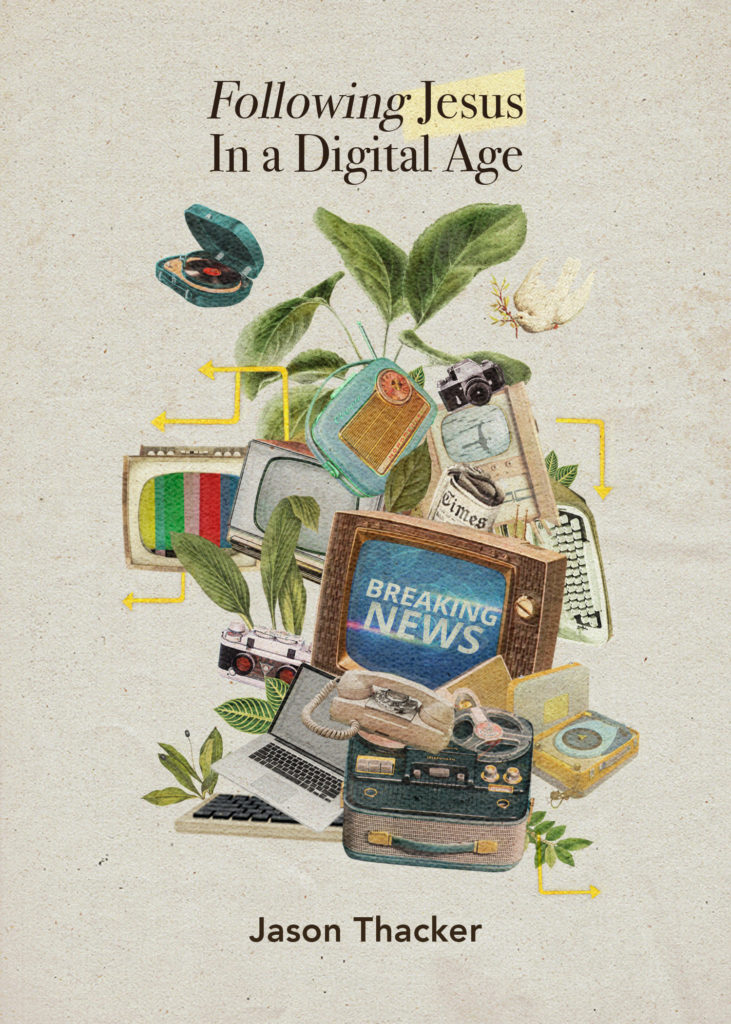Many books have been written about Jacques Ellul’s writings on ethics, technology, and theology; however, only a few books contrast and compare his work with other contemporary scholars.[1] Michael Morelli’s book, which is based on his PhD-thesis, draws important lessons from the theology, ethics, and technology in the work of Jacques Ellul and Paul Virilio. Morelli, an assistant professor in Theology, Culture & Ethics at Northwest College and Seminary in Canada and the author of various articles and essays on Ellul, describes the commonalities between Ellul and Virilio; they both lived and worked in secular post-war France and are both well known for their critical work regarding the role of technology in society. According to Morelli, “Ellul and Virilio directly teach us how to identify, expose and dismantle the modern world’s idolatry of technology” (3). Morelli hopes his book will “help readers gain insight […] in [Ellul and Virilio’s] writings on technology because these insights do not receive as much attention as others” (17). Morelli clearly demonstrates how the perspectives of both scholars provide a surprisingly complementary critique, one which can help 21st century Christians navigate our technologically mediated world.
The book sets out by describing Ellul and Virilio’s context in post-war France. Morelli demonstrates how their works are heavily influenced by the role technology played during and after World War II. Both scholars consider technology to be a synonym for modernity and they critically assess technology’s role in shaping modern society. Both Frenchmen experienced the dark side of technology during the war as well as the good side that helped rebuild French society afterward. In the subsequent chapters Morelli provides an extensive introduction to Ellul’s and Virilio’s perspectives on how technology shapes modern society and has become modernity’s primary idol. Of particular interest is Morelli’s demonstration that Ellul and Virilio trace back technology’s roots in the Bible and use their personal Christian faith as the basis for their ethics.
Morelli’s book provides a good and comprehensive introduction to Ellul’s perspectives on technology, ethics, and theology and is a great primer for anyone who is new to Ellul’s work. Ellul understands modern society to be driven by technique which he describes as “the most efficient way to produce something for the lowest cost at a given point in time” (33), the sum total of technology, technological discourse, and propaganda. Technique is sacralized in modern society and this sacralization provides justification for the idolatry of progress. Ellul thinks modern man is just as religious as the medieval man, only the gods have changed to technology and science. Ellul traces the roots of technology to Genesis 4 where Cain is depicted as the first person in the Bible to walk away from God and use technology— namely the city and clothing — to protect and make a name for himself. For Ellul, the main responsibility for modern Christians is to clothe themselves with Jesus and reject the way of Cain’s worldly [metaphorical] clothing. In putting on Jesus, the Christian enters into freedom from the spiritual powers of efficiency.
Many readers of this review will be unfamiliar with the work of Paul Virilio; Morelli’s overview lays a good foundation to grasp his key insights. Virilio takes a phenomenological approach towards technology, analyzing it using the metaphors of speed, motion, and light. His quest towards the spiritual roots of technology begins with the Fall, the moment, as he sees it, when people started to move away from God with increasing acceleration. Virilio deliberately uses dark imagery to describe the negative impact technology has on society and it is no coincidence, given his background, that many of his examples relate to the war. His writing on how many different technologies stem from military applications is very insightful and is relevant in 2022 when war has become an important topic in our societies once again. Virilio uses negative imagery to highlight what the world is like without God; this is a hermeneutical approach intended to “bring readers into contact with the brilliant light of God” (73). Virilio’s ethics and theology requires one to remove oneself from the race and speed of modernity and start with Sabbath’s rest. The Sabbath, for Virilio, is about vacating and filling oneself with the light of God.
The penultimate chapter explores Ellul’s and Virilio’s critical assessment of the notion of power and technology. For Ellul “social power dialectically interacts with spiritual powers” (145) and technique is clearly a manifestation of the powers and principalities described in the Bible (e.g., Ephesians 6:12). Virilio takes a different approach and uses the accidents metaphor to expose the potential destructive power that is often hidden behind the facade of technology. In their analysis both Ellul and Virilio stop short of condemning all technology; rather they expose how power is being used through technology “to legitimize and enhance forms of life that are destructive” (159). In the last chapter of the book Morelli concludes that Virilio’s and Ellul’s insights are relevant for 21st century Christians and churches. Their theology and ethics reveal the sacred myths that underpin our society and suggest how modern Chrsitians can resist the mass manipulation and violence of the kind they experienced during and after the war.
The book is an interesting read for anyone interested in the intersection of technology, ethics, and theology. Ellul’s and Virilio’s works are notoriously complex and Morelli does an outstanding job explaining their key insights and merging them into a relevant theology and ethics for today. Morelli’s exposition of Virilio will be very insightful to those already familiar with Ellul. Though the scholars differ in their approaches to technology, their perspectives are surprisingly complementary. Despite this complementarity, Morelli’s attempts to demonstrate commonality between the works of both Frenchmen is the weakest part of the book. There is not much evidence of interactions that took place between Ellul and Virilio and much of what Morelli suggests in this regard is based on what-if’s and could-be’s. Nonetheless, this book is worth reading and provides fresh insights from two brilliant scholars of theology and ethics of technology that are highly relevant for Christians and churches in the 21st century.
Michael Morelli, Theology, Ethics, and Technology in the work of Jacques Ellul and Paul Virilio – a Nascent Theological Tradition, (Lanham MD, Lexington Books, 2021), 227 pp., USD 89.50, hardcover (ISBN 978-1793625434)
[1] Cf. Shaw, Jeffrey M. Illusions of Freedom: Thomas Merton and Jacques Ellul on Technology and the Human Condition. Eugene: Pickwick Publications, 2014. Cf. also the themes tab at ellul.org which features brief comparisons of Ellul and several other scholars.





